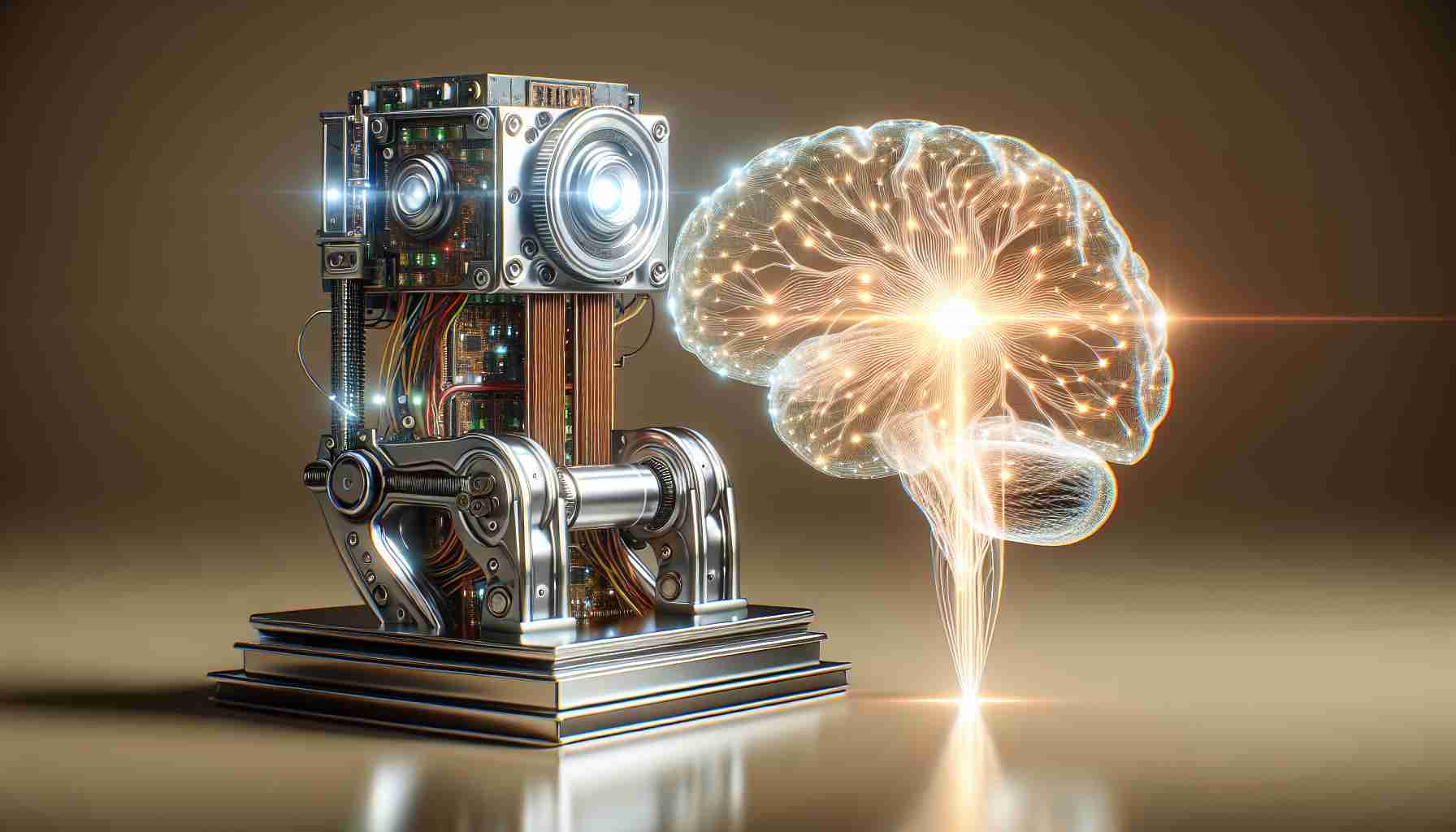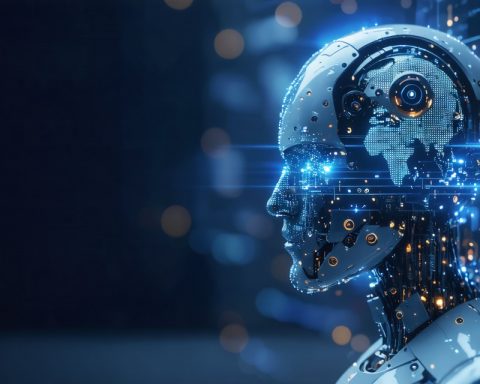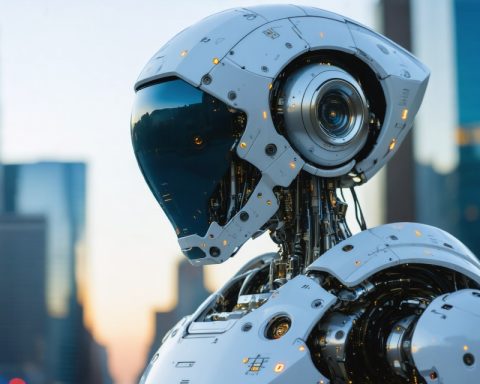General Artificial Intelligence (GAI), also known as Artificial General Intelligence (AGI), is a concept that continues to captivate scientists, engineers, and futurists. Unlike narrow AI, which excels at specific tasks, GAI refers to a machine’s ability to perform any intellectual task that a human can, with the potential to understand, learn, and apply knowledge in a generalized way. This ambitious goal, while still theoretical, represents the “holy grail” of AI research.
At present, AI systems are typically designed for narrow applications, such as playing chess or driving a car. These systems often rely on algorithms trained to perform specific tasks using large datasets. However, these machines lack the flexibility and adaptability that characterize human intelligence. The quest for GAI aims to go beyond these limitations by creating machines with the ability to reason, solve novel problems, and transfer knowledge across different domains.
One of the main challenges in developing GAI lies in designing computational frameworks that can simulate human-like cognitive processes. Researchers are exploring various approaches, such as neural networks that mimic brain processes, to achieve this. However, many experts believe that we are still far from achieving true GAI.
The discussion around GAI is not limited to its technical facets but also its ethical implications. If achieved, GAI could revolutionize society, leading to significant advances in science and technology. Still, it also raises questions about the control and alignment of such powerful systems with human values. As we continue to develop increasingly sophisticated AI, understanding and guiding the path to GAI remains a topic of critical importance.
Could the Rise of General Artificial Intelligence Reshape Human Identity?
As the world eagerly anticipates the emergence of General Artificial Intelligence (GAI), the discourse surrounding this concept is expanding into uncharted territory. Beyond technical challenges and ethical dilemmas, GAI raises profound questions about human identity and society’s future fabric. How will this transformative technology redefine humanity’s role and purpose?
Implications for Labor and Economy
One intriguing aspect is GAI’s potential impact on the labor market. With GAI’s ability to think and learn like humans, entire industries may be revolutionized, potentially leading to unprecedented job displacement. Researchers argue that while jobs may be lost, GAI could also create new roles centered around overseeing, collaborating with, or maintaining these advanced systems. Could this leave us with a world where choosing human labor becomes a preference rather than a necessity?
Cultural and Philosophical Reverberations
GAI confronts humanity with philosophical inquiries once limited to science fiction. If machines achieve human-level intelligence, what separates us from them? This blurring of lines could provoke shifts in our sense of self and cultural narratives, prompting societies to re-evaluate concepts like consciousness and creativity.
Are We Ready?
The readiness of global communities to handle the social ramifications of GAI is a pressing question. Policymakers and educators may need to develop frameworks to ensure that humanity can proactively manage this potential transition, preserving social cohesion.
For more on these intriguing facets of artificial intelligence evolution, visit major platforms like Medium and National Geographic for their unique takes and in-depth analysis.








